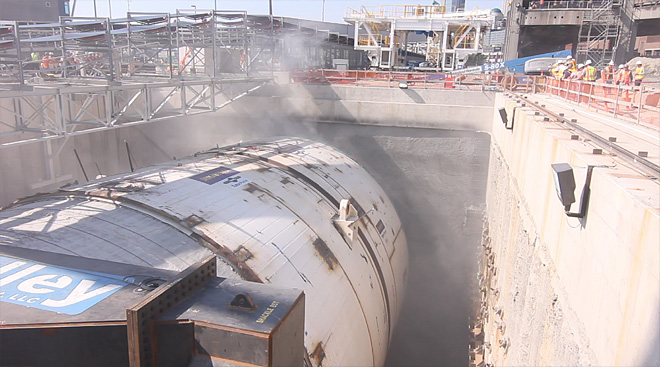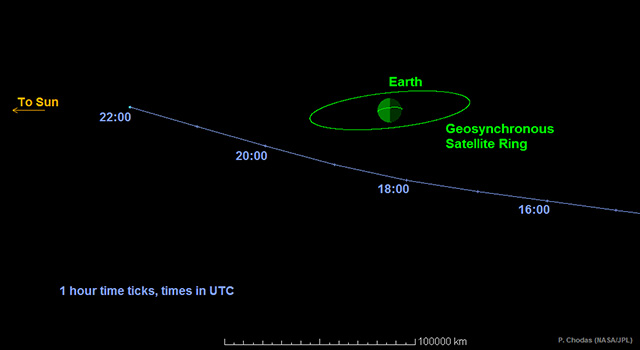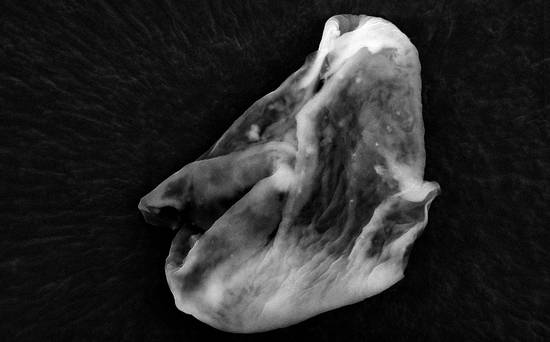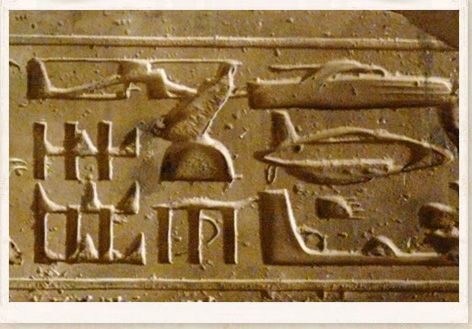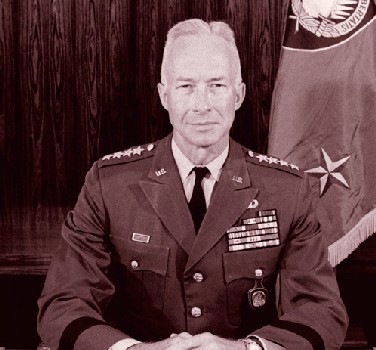
On June 10, 1998, I interviewed the late General Andrew J. Goodpaster at the Eisenhower Institute, Washington DC. He was the former Strategic and Policy Staff Secretary for President Eisenhower from 1954-61. Basicly he was Eisenhower’s trusted aid. Later he was Commander–in-Chief U. S. Forces and Supreme Allied Commander in Europe from 1969-74. He genuinely seems to have liked the President and enjoyed working closely with him. We discussed the Air Victory Museum and its advisors such as Admiral Moorer, most of whom he knew.
I handed him the Case Statement concerning the Museum and he took about five minutes to flip through all the pages commenting on many items. He was amazed we were building a ME-262 German Fighter for the museum. He commented we were really frightened of that aircraft at the end of World War II.
 |
He had worked with General Eisenhower during World War II. He felt that we had to keep the Russians off balance with frequent over flights, penetrations, and similar actions during the Eisenhower Administration. If we maintained a comparatively defensive posture as under the Kennedy Administration, they would advance as shown by the Cuban crisis.
General Goodpaster was in charge of the day to day coordination on all military and intelligence matters for the White House.
 |
We talked extensively about the U-2 over-flights. The President approved each flight on a need basis. He only allowed a few days for the flight to be launched or it was cancelled. They knew the Soviets were launching fighters and firing missiles at the U-2’s, so it was just a matter of time before they destroyed one. He felt, they handled the actual shoot down of Gary Francis Powers rather poorly. He thought the British were also launching some of their flights with Canberra’s and other aircraft.
President Eisenhower wanted civilian intelligence organizations to provide most of the intelligence rather than the military intelligence services. He felt there was too much competition between the military branches to provide accurate data. Eisenhower wanted the Navy to get going with the first satellites, but the Vanguard had a series of failures. He was not aware of any disc aircraft being built by our government. I showed him the plans for the Silverbug and he seemed surprised. He mentioned the Navy had a large research program that may have built some kind of disc. I asked about the President’s announcement in the New York Times on December 16, 1954, stating that the Air Force had informed him that UFOs were not from outer space. The General claimed he was not aware of the announcement.
I asked about Eisenhower drawing both triangle and disc shaped craft on his meeting agendas? He explained that the President was an artist and doodled with a pencil almost continuously. Another little known fact is that Eisenhower had also been a pilot.
 |
I asked the General, if he knew Lt. Col. Corso? He indicated he had heard of him in regards to the Korean prisoners of war. He my have met him. He thought he dealt with the psychology of prisoners of war.
 |
I showed him Corso’s book, and he laughed as he read the cover. He claimed he had no knowledge of the book, UFOs, aliens, or crashes. He also knew General Trudeau, who had been Corso’s commander. He had no knowledge of a file cabinet with alien artifacts. He handed the book back without opening it. He seemed amused by Corso’s book, but did not seem to take it seriously.
I asked him if President Eisenhower had met with aliens? He laughed, and assured me, “I would have known if that happened and it did not.” He affirmed forcefully that President Eisenhower had no such meeting with aliens; it had never taken place.
He did state, that important people from other countries had queried him with a similar set of questions about UFOs, He implied his answers to them were similar to mine. He indicated the only other groups who might have knowledge would have been the National Security Council or the Research and Development Group under Dr. Killian.
General Goodpaster has an excellent grasp of history, politics, military, engineering and foreign affairs. His complete lack of knowledge concerning UFOs was unexpected, and seemed almost over done. He kept pointing to the fact his work was the daily hands-on-control of the military, and not with long range planning.
I also brought up formally highly classified information concerning our raids, sabotage and intelligence collection forays behind Soviet lines using foreign nationals. These former defectors that went to work for us were known as Cobra Teams. He acted somewhat uncomfortable about these missions and avoided confirming these raids.
He was gracious, friendly and open concerning every subject, but UFOs and the raids. He was in daily contact with the JCS and most of our intelligence agencies. He did not deny the existence of UFOs. However, his demeanor implied the government felt UFOs did not exist or were of little importance. Less likely is the possibility this subject is the highest classified program in the government, and key personnel have been taught to avoid discussing at any cost. It’s probable he would not provide me with classified data unless I had a need to know.
He seemed to enjoy talking and stated he wanted me to stay longer. We talked for almost two hours. He liked telling little stories about him and Eisenhower. He encouraged me to return in the near future. He was very much a gentleman with high moral standards and concepts of how a President and officers should act. It was apparent he was upset with the decline in behavior in high places.
He mentioned Dr. Killian several times and that the Navy had a whole series of special programs under development. His attitude implied he felt UFOs were of little significance. The only hint he provided was that they may have been part of a Research and Development program probably with the Navy. It’s possible he had heard something about this and was not sure, if had been declassified. Frankly, based on the conversation even this is rather doubtful. Also, it is apparent he felt he knew what the Army and probably the Air Force had under development. Additional, meetings might prove more fruitful if he could be shown declassified documents concerning the subject.
Regards,
George A. Filer

